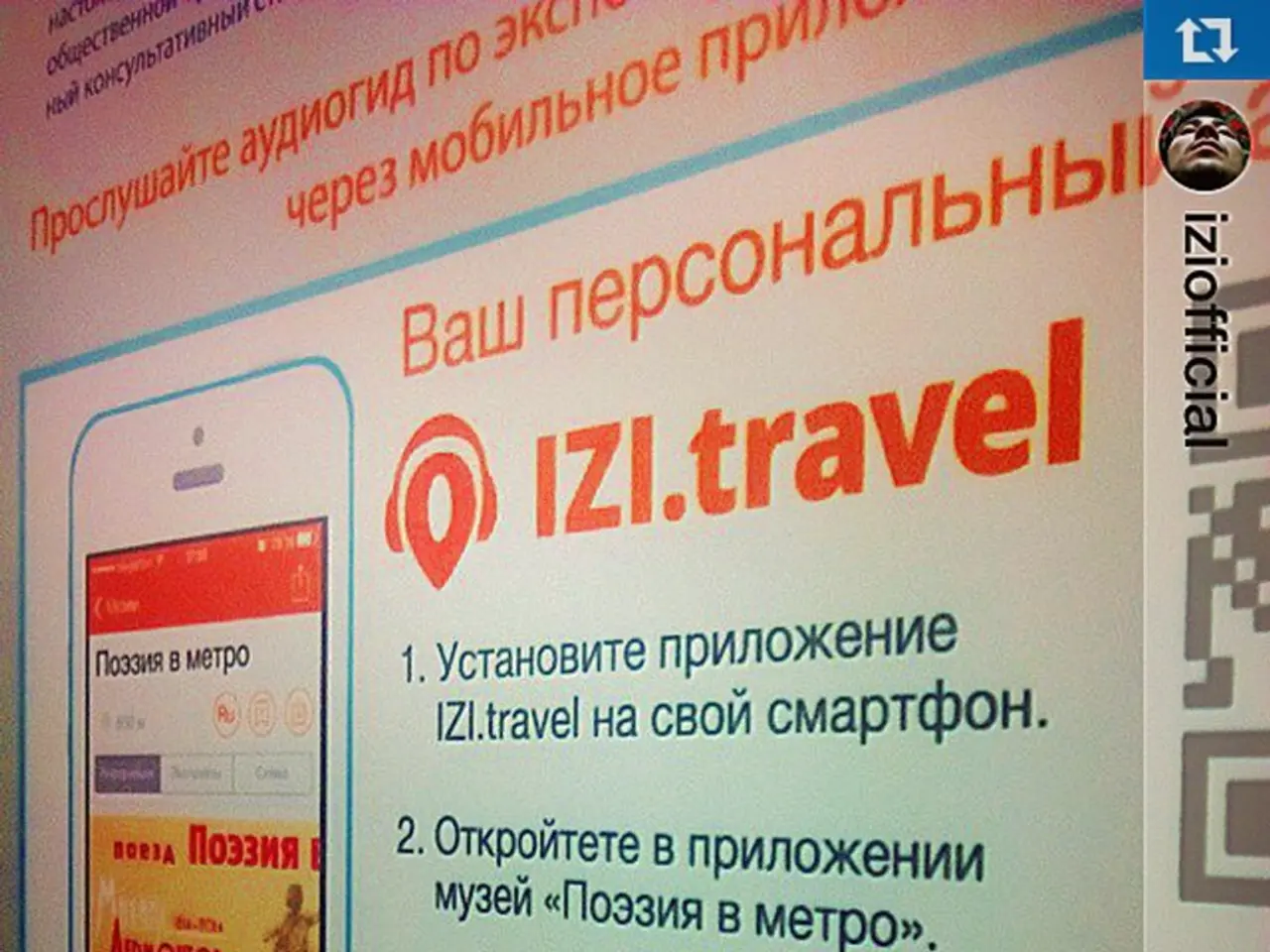Changing Your Name Legally in Switzerland: A Step-by-Step Guide
Wanna Change Your Name in Switzerland? Here's the Lowdown
In the Swiss Alpine landscape, your given name crafts a substantial part of your identity—legally and emotionally. Most folks are content with their names, while a smattering chooses to switch it up. But what happens when you want to ditch your current moniker for a fresh start? Here's what you need to know.
Pop quiz: When can you sport a new identity in the Swiss landscape?
The most common catalyst is marital bliss, as one or both partners may decide to rebrand their surname. Traditional practices no longer apply, as both spouses can exchange surnames, not just the bride adopting the groom's title.
Marriage ceremonies, both civil and religious, offer the option to merge surnames, keep your original ones, or even double-barrel. Although double-barreled names were temporarily prohibited since 2013, lawmakers are considering their return in the future.
Post-wedded bliss blues: What happens if you split up?
In the event of a breakup, you'll get a grace period—usually 90 days—to decide whether to stick with your married name or revert to your maiden one.
Another less common reason for a name change is gender reassignment surgery. In 2018, the government eased the bureaucratic hurdles, allowing transgender and gender-variant individuals to modify their names and gender markers without hassle. Learn more about this here.
When changing your name simply isn't enough:
Wishing to switch your first or last name, or both, in controversial or vague circumstances is a different story. It isn't a spur-of-the-moment decision.
You'll need solid grounds to convince the civil registry authorities in your canton that a name change is necessary. Reasons might include your name causing adversity, such as being excessively peculiar or inviting mockery.
Parents in Switzerland aren't even permitted to name their children in a way that could harm their well-being. If you find yourself in this predicament, you can petition your local civil registry office to change your name.
Playing dress-up: Can foreigners join the fun?
While an exotic-sounding name doesn't guarantee a name change, Swiss residents with foreign characters in their names can now change their registrations, starting in November 2024. For instance, the "c" with an acute accent in Croatian is now officially acceptable. Learn more about this change here: Switzerland to Park Flexibilities Around Foreign Names
In Switzerland, if you're marrying in 2024, you may have the opportunity to modify your surname according to your preference, as the regulations regarding foreign names are expected to become more flexible. If you're considering a personal-finance decision to change your name due to controversial or vague circumstances, it's important to note that you'll need solid grounds to convince the authorities of the necessity for the change. This is because, under the principle of avoiding names that could cause adversity or inviting mockery, the civil registry authorities in your canton will carefully consider the reasons for the name change request.




